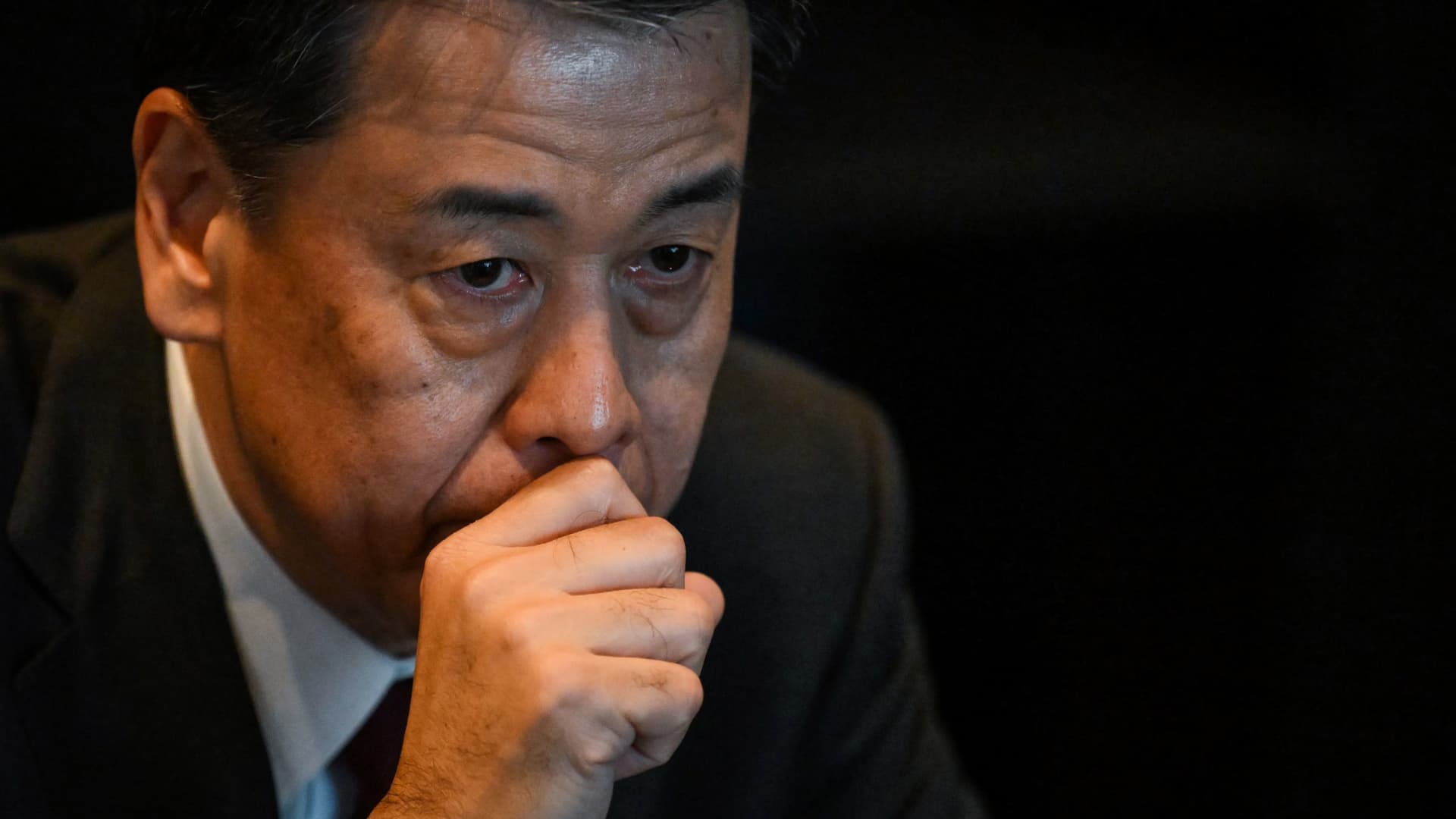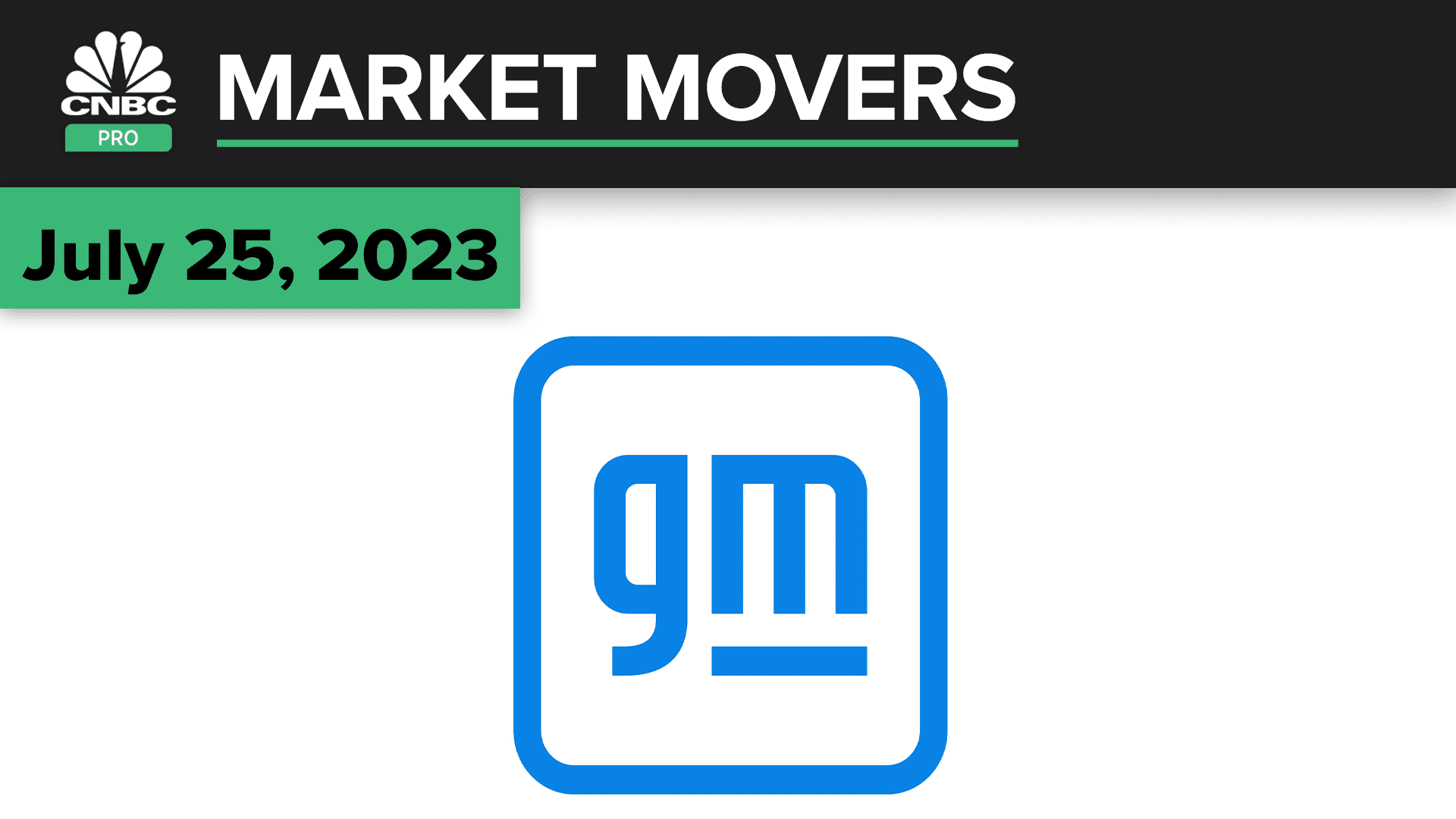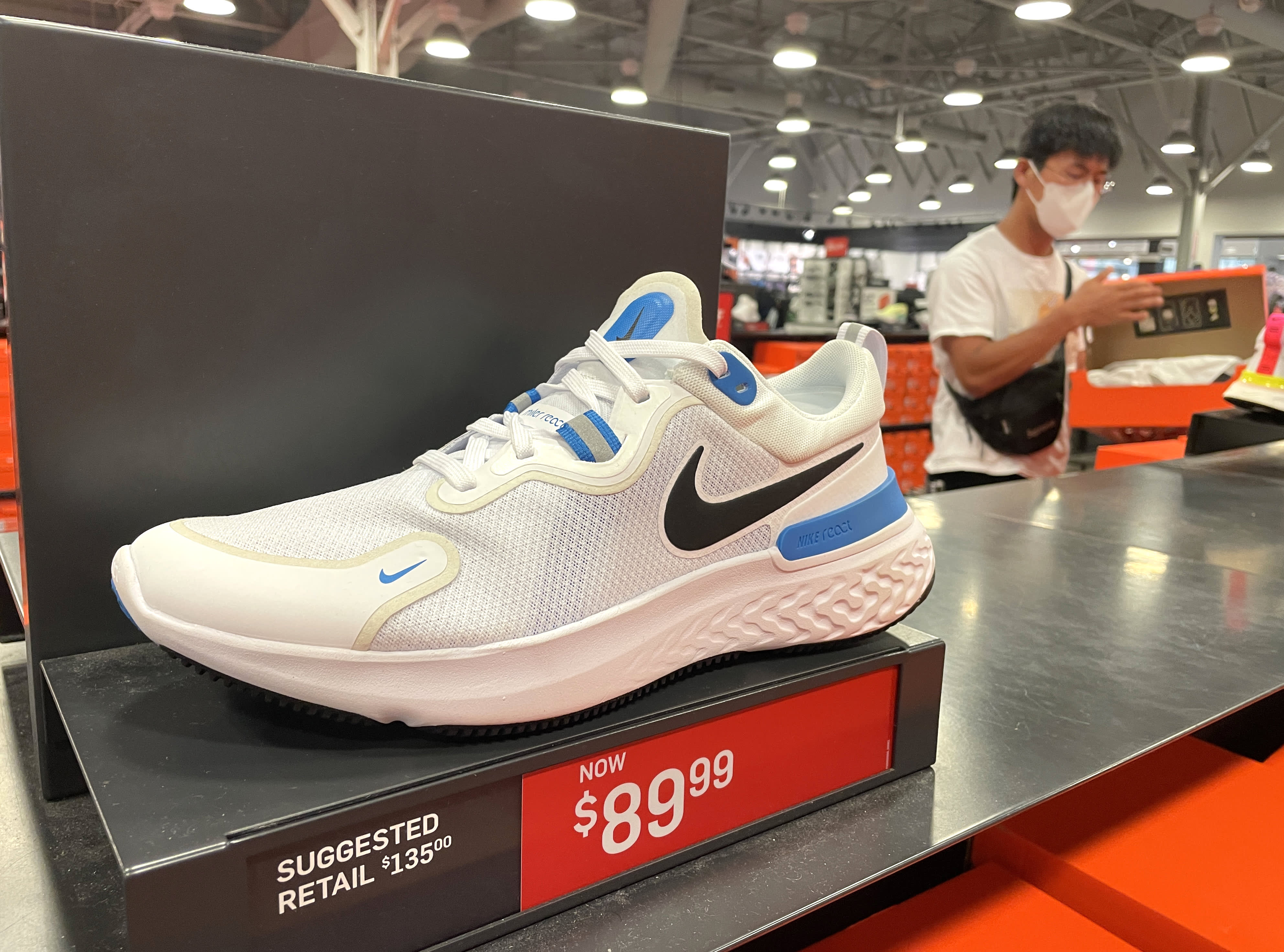Nissan CEO Makoto Uchida said the Japanese carmaker needs to bring new vehicles to the increasingly crowded Chinese market at speed.
Speaking to CNBC’s Tanvir Gill on Wednesday, Uchida said the company would target current Nissan customers with the “timely introduction of high-value product[s] that are as competitive as fast-growing local brands, at [an] attractive price.”
related investing news
Earlier this year, Nissan announced a China-focused electric SUV, called the Arizon, and plans to launch other models as the company grapples with declining market share and slowing sales. It has said further details of its medium-term line-up will be released in the fall.
In China, the company has faced particular competition from homegrown BYD.
Nissan on Wednesday reported net income for the most recent quarter of 105.5 billion yen ($751 million), beating expectations and marking a sharp rise year-on-year. However, results showed a 45.8% drop in China unit sales versus the same period the previous year.
“The key is our business encompasses the entire value chain including the parts sourcing, designing, development, production, sales, and after sales. So this is our strength,” Uchida told CNBC.
“Time to market … will be the key item. And I would like once again to emphasize that we do have a strong local asset,” he said, adding this would allow Nissan to plan for sustainable growth in China amid “severe circumstances.”
Uchida said that while Nissan did not win on scale globally, its 13 years of selling electric vehicles gave it an insight into consumer behavior and had informed decisions such as the development of a production facility for solid-state battery cells, which it says are lower cost and charge more quickly than lithium-ion batteries.
Nissan also announced final, renegotiated terms in its longstanding partnership with Renault, following months of talks.
Nissan will make a $663 million investment in Ampere, Renault’s EV unit, which Uchida said was a response to intensified competition and pressure to comply with stricter regulations in Europe.




ivermectin 12 mg over the counter – ivermectin 6mg tablets for humans buy generic carbamazepine 200mg
order amoxil online cheap – combivent 100 mcg uk combivent 100mcg for sale
azithromycin drug – tinidazole sale order bystolic 20mg online cheap
buy lasix pills for sale – lasix oral betamethasone 20gm brand
neurontin 600mg usa – generic clomipramine 25mg cheap sporanox 100mg
amoxiclav cheap – augmentin without prescription cymbalta sale
purchase acticlate generic – purchase albuterol generic buy glucotrol without a prescription
zanaflex without prescription – plaquenil generic buy generic microzide 25mg
sildenafil 50mg cheap – cialis pills tadalafil tablets
buy lipitor 10mg generic – buy lipitor 80mg for sale brand zestril
buy cenforce pills for sale – order chloroquine pills glucophage order
lipitor 80mg for sale – amlodipine 5mg price buy lisinopril 2.5mg without prescription
atorvastatin order – lipitor uk zestril 5mg uk
methylprednisolone over counter – methylprednisolone pill order triamcinolone 4mg online
order desloratadine sale – buy priligy 30mg sale buy dapoxetine cheap
buy generic cytotec 200mcg – order orlistat 60mg for sale diltiazem 180mg cost
buy zovirax generic – buy rosuvastatin cheap order crestor 20mg for sale
buy motilium paypal – flexeril 15mg pills oral cyclobenzaprine 15mg
buy motilium medication – buy domperidone online cyclobenzaprine pills
inderal 20mg cheap – buy inderal 10mg pills oral methotrexate 10mg
warfarin for sale online – oral metoclopramide 20mg cozaar price